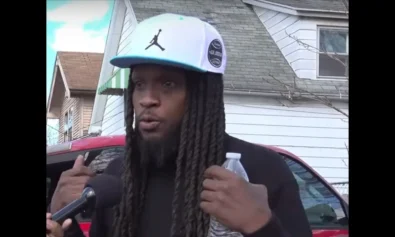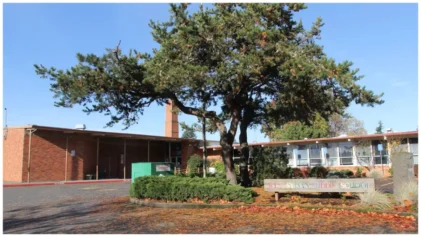Ramping up the diplomatic pressure on Great Britain, the president of Ecuador said it would be “suicidal” for Great Britain to break into Ecuador’s embassy in London to take WikiLeaks founder Julian Assange, as Britain has threatened to do in a letter to Ecuador.
“I think it would be suicidal for Great Britain to enter Ecuador’s embassy. Later on, they could have their own embassies violated in all corners of the globe, and they’d have nothing to say about it,” President Rafael Correa told state TV over the weekend.
The fascinating standoff between Ecuador and Britain has pitted a former colonizing superpower against a small South American nation that refuses to give in to threats and intimidation. In their letter, the Brits tried to cite a little known law that alleges Britain has the authority to suspend the embassy’s diplomatic protection and allow authorities to go in and get Assange.
The founder of WikiLeaks is wanted for questioning in Sweden related to sexual assaults he is accused of—charges Assange denies and which his supporters claim is a smokescreen to punish him for WikiLeaks. Assange is also wanted in the United States—where some believe he could face the death penalty—for releasing thousands of pages of sensitive and embarrassing confidential documents and communications.
Assange has been holed up since June in the Ecuadorian embassy, where he went seeking asylum—which was granted last week by President Correa.
Correa has slammed Britain’s behavior toward Ecuador, describing it as “intolerable” and “unacceptable.”
“Who do they think they’re dealing with?” Correa said during his weekly address Saturday. “They don’t realize Latin America is free and sovereign. We won’t tolerate interference, colonialism of any kind.”
Assange, who is from Australia, claims that Sweden will send him to the United States if he accedes and allows Britain to send him to Sweden—but Sweden angrily rejected that claim last week.
“Sweden does not extradite individuals who risk facing the death penalty,” the Foreign Ministry said.
On Sunday in an appearance on the balcony of the embassy, Assange called on the United States drop its “witch hunt” against WikiLeaks.
“As WikiLeaks stands under threat, so does the freedom of expression and the health of all our societies,” the founder of website said to cheers from supporters outside the Ecuadorian embassy.
“The U.S. war on whistle-blowers must end,” he said, calling for the freedom of Bradley Manning, the U.S. soldier suspected of giving hundreds of thousands of pages of secret American government documents to Assange for publication on WikiLeaks.
The president of Ecuador has received the backing of the 12 foreign ministers of the the Union of South American Nations (UNASUR) and the leftist Bolivarian Alternative for the Americas (ALBA), who gathered in Guayaquil, Ecuador, over the weekend.
UNASUR backed Ecuador’s decision to grant Assange asylum and called for more dialogue between Britain and Ecuador on the issue. It condemned the “threat of the use of force” and expressed its hope that the countries could arrive at a “mutually acceptable solution.”
ALBA, whose membership includes Venezuelan President Hugo Chavez, warned Britain on Saturday against raiding the embassy.
“We warn the government of the United Kingdom that it will face grave consequences around the world if it directly breaches the territorial integrity of the Embassy of the Republic of Ecuador in London,” according to a statement read by Foreign Minister Nicolas Maduro on behalf of ALBA nations.


